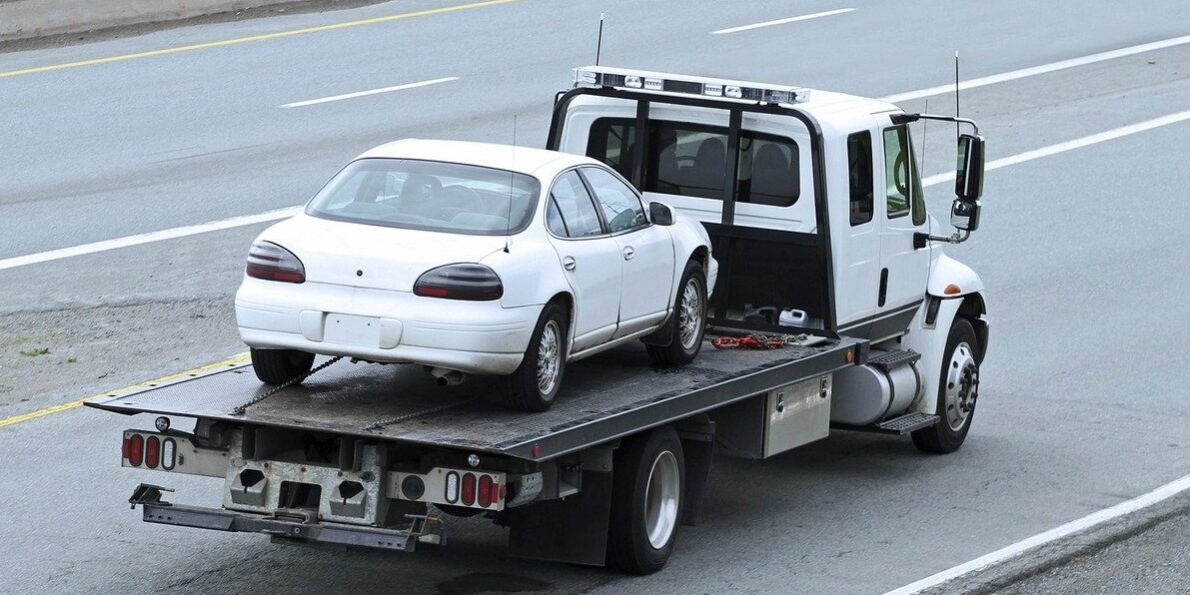U.S. Customs and Border Protection (CBP) possesses the legal authority to seize vehicles under specific circumstances. CBP may initiate a vehicle seizure if there is suspicion of its involvement in illegal activities such as the transportation of contraband, including illegal drugs or smuggled goods. Additionally, vehicles can be seized if they are in violation of customs laws, import regulations, or if they are suspected to be stolen or used for unlawful immigration purposes.
Once CBP seizes a vehicle, a legal process unfolds, which includes notifying the owner and allowing them the opportunity to challenge the seizure through administrative or judicial proceedings. This process can be intricate and intimidating for those navigating a vehicle seizure situation.
Here are some key points to consider if you’re looking to retrieve your seized vehicle back from CBP:
1) CBP can seize your vehicle based on evidence of a potential federal law violation, even if they cannot prove the crime. The vehicle can be subject to forfeiture and subsequently auctioned. It’s important to remember that CBP’s primary goal is not to assist you but to enforce the law.
2) CBP typically has 30 to 60 days to send you a Notice of Seizure and Information to Claimants CAFRA form. This document can be complex and confusing, with various options for proceeding. It’s essential to carefully consider your choices as they can impact the outcome of your case.
3) Avoid seeking legal advice from CBP as they are not authorized to provide it and may not have your best interests in mind. Relying on their guidance could inadvertently make it easier for them to keep and auction your vehicle.
4) Filing a Petition with CBP may not be in your best interest because there is no time limit for CBP to make a decision. This can lead to extended delays before you receive a response.
5) Be cautious about filing appeals if your initial petition is denied as it may require new information, and multiple denials can complicate your case further.
6) Concerns about immigration status should not deter you from seeking to recover your vehicle as it is possible to navigate the process without risking deportation.
7) San Diego Defenders Forfeiture Law Firm specializes in representing clients facing vehicle seizures, not only in the San Diego area but also in other states. They offer payment plans and strive to save clients both time and money while prioritizing their constitutional rights.
8) CBP officers and employees are not legal professionals and may provide inaccurate advice. It is advisable to consult with an attorney experienced in seizure and forfeiture law for accurate guidance.
9) Federal laws governing vehicle seizures are complex and rooted in historical maritime law. They differ significantly from state impoundment laws, making specialized legal counsel invaluable.
10) San Diego Defenders Forfeiture Law Firm offers a friendly, affordable, and experienced approach to handling vehicle forfeiture cases. They only take cases they believe they can win, and their reputation for success and client satisfaction speaks for itself. To explore how their services can ease your situation, you can contact them at 619-258-8888 for a free and confidential consultation.








